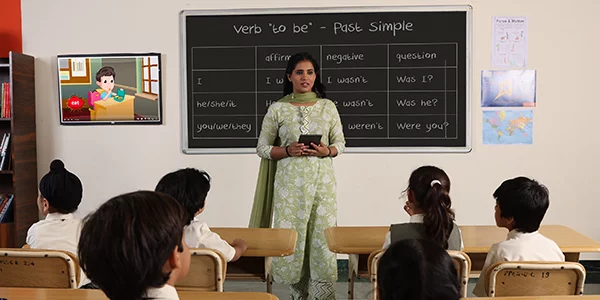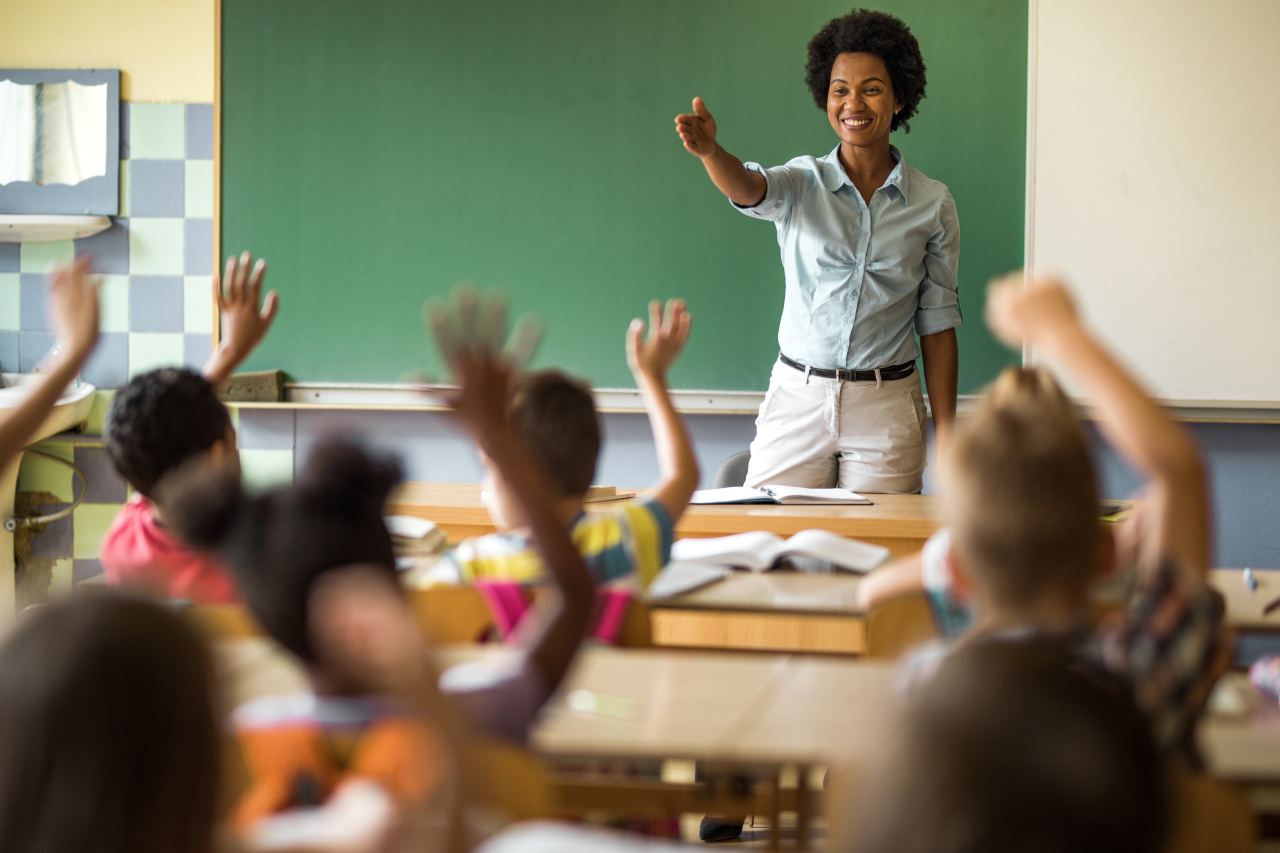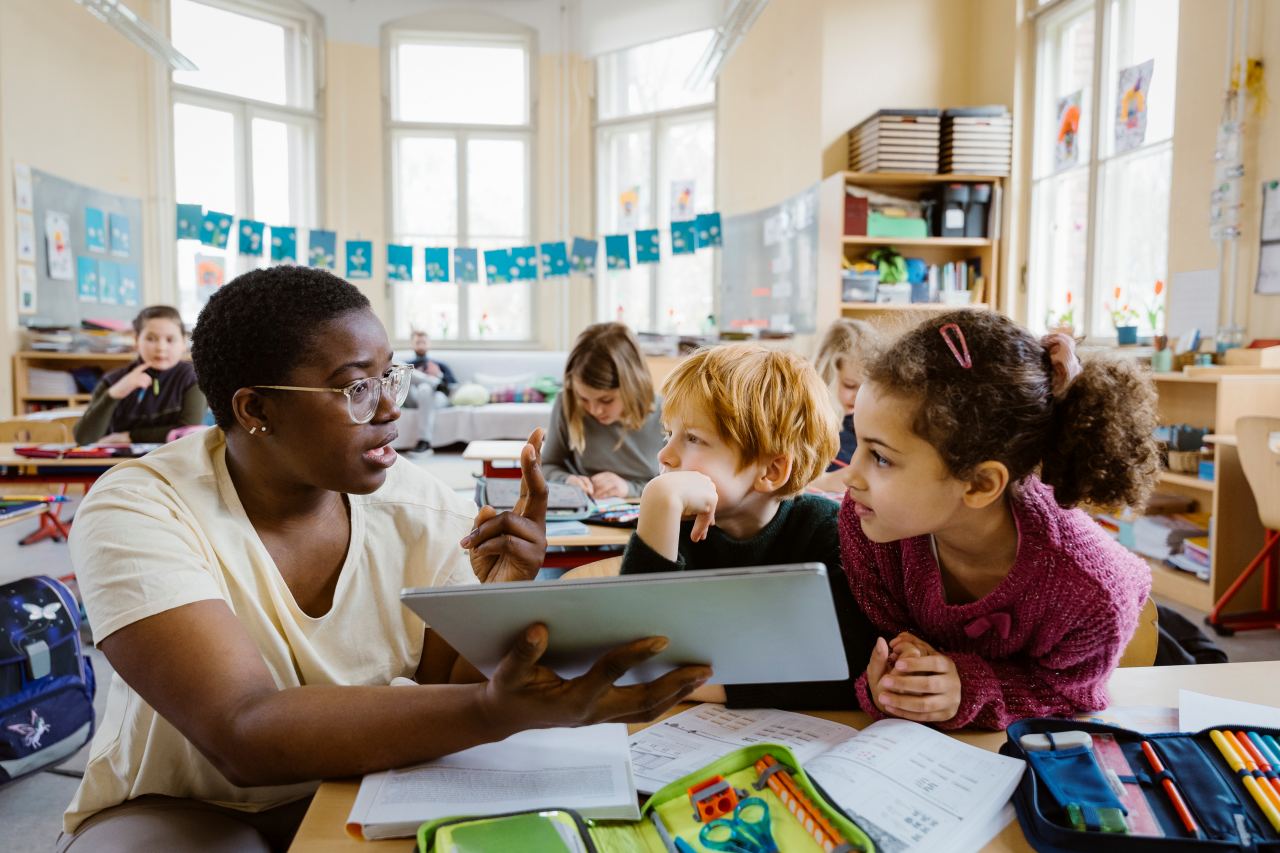Get Top Results with Primary Science Tuition Singapore from Experienced Tutors
Get Top Results with Primary Science Tuition Singapore from Experienced Tutors
Blog Article
Checking Out the Various Teaching Methods in Main Science Education And Learning Today
The landscape of key science education is evolving, with numerous mentor strategies obtaining importance in modern classrooms. Inquiry-based discovering, hands-on experiments, and the integration of modern technology are redefining how educators involve young minds. Furthermore, collective strategies and differentiated guideline are being utilized to accommodate the varied demands of pupils, enhancing both involvement and understanding. As we analyze these methods, questions emerge about their effectiveness and the ramifications for future instructional methods. What might these shifts in approach mean for the future generation of students?
Inquiry-Based Understanding
Inquiry-Based Learning (IBL) is a pedagogical method that urges pupils to discover scientific ideas via questioning, investigation, and hands-on experimentation. This method emphasizes the role of students as energetic individuals in their understanding, advertising important reasoning and analytic abilities. By involving with real-world concerns, pupils come to be curious and inspired, which boosts their understanding of scientific principles.
In IBL, teachers act as facilitators, directing pupils as they navigate their queries as opposed to delivering information directly. This student-centered technique permits for distinction, suiting numerous learning paces and designs. Students establish skills in formulating hypotheses, developing experiments, and examining data, which are critical for clinical literacy.
Furthermore, IBL cultivates partnership among students, encouraging them to share concepts and searchings for. This collective questions promotes social skills and a sense of area within the classroom. Furthermore, the process of questions motivates strength, as students learn to accept failure as a tipping rock towards understanding.
Hands-On Experiments
Hands-on experiments are an essential part of effective science education, matching the concepts of inquiry-based learning. These experiments allow trainees to engage directly with scientific ideas, promoting a much deeper understanding with experiential learning. By controling materials and observing outcomes, young students can understand abstract concepts in concrete methods.
Such activities advertise crucial reasoning and analytical skills, as students assume end results, conduct experiments, and analyze results. This procedure encourages them to ask questions, improve their understanding, and establish a clinical attitude. Additionally, hands-on experiments can be tailored to diverse discovering styles, making sure that all pupils have the chance to engage meaningfully with the material.
Moreover, hands-on experiments commonly encourage partnership among peers, advertising teamwork and communication skills. Working in teams allows pupils to share concepts, go over searchings for, and learn from one an additional, which improves their total educational experience.
Integrating hands-on experiments into the primary scientific research educational program not just enhances the learning atmosphere yet likewise cultivates a lifelong rate of interest in scientific research. By proactively joining their education and learning, students are most likely to establish a passion for clinical inquiry that extends past the classroom.

Innovation Integration
Incorporating technology right into main scientific research education and learning has actually become progressively important in promoting trainee involvement and enhancing finding out outcomes. The use of electronic devices, such as interactive simulations, online laboratories, and academic software program, supplies pupils with possibilities to explore clinical principles in ingenious methods. These resources assist in a much deeper understanding of intricate topics by permitting learners to picture and manipulate variables that would certainly be unwise in a typical classroom setup.
Moreover, innovation integration urges customized learning experiences. Pupils can progress at their very own rate, reviewing difficult concepts via multimedia sources, which accommodate different learning styles. This versatility not only supports private growth however additionally cultivates a feeling of autonomy in learners.
Additionally, technology works as a bridge to real-world scientific research, linking pupils with present study and professional contributions. Accessibility to clinical journals and on the internet data sources broadens pupils' point of views on scientific query and promotes essential assuming skills.
Collaborative Learning
Collective discovering plays an essential duty in key scientific research education by cultivating synergy and communication abilities amongst students. This strategy urges students to interact, share expertise, and take part in problem-solving, which enhances their understanding of scientific ideas. By taking part in group tasks, trainees discover to articulate their ideas, listen to diverse perspectives, and work out options, all of which are essential skills in both academic and real-world contexts.

Research shows that collaborative learning can lead to enhanced inspiration and engagement in scientific research topics, as pupils locate enjoyment in common experiences (primary science tuition Singapore). Additionally, this technique prepares trainees for future collaborative ventures, outfitting them with the abilities necessary for effective team effort in higher education and professional environments. Inevitably, accepting collaborative knowing in main science education and learning can considerably enrich the knowing experience and advertise a deeper understanding of clinical inquiry
Distinguished Guideline

Differentiated instruction can materialize in various ways, such as varying the content, processes, or items of understanding. For instance, teachers might make use of tiered assignments that provide differing levels of complexity, allowing students to work at their particular preparedness levels. Furthermore, adaptable organizing approaches can help with collaboration among trainees with various capabilities, cultivating peer knowing.
Assessment plays a vital function in this technique, as it notifies instruction and assists instructors comprehend each trainee's distinct demands. Developmental evaluations, such as quizzes and observations, can assist instructors in changing their techniques to enhance learning end results. primary science tuition Singapore. Eventually, by implementing distinguished guideline in primary science education, educators can cultivate a more equitable and efficient knowing environment, empowering all students to reach their complete capacity in comprehending scientific sensations
Conclusion
In summary, the diverse mentor strategies in main scientific research education and learning, including inquiry-based understanding, hands-on experiments, technology assimilation, collective discovering, and differentiated instruction, collectively contribute to a more effective discovering setting. These approaches promote important reasoning, analytical skills, and a much deeper understanding of clinical concepts. By implementing these approaches, educators can create engaging and encouraging class that attend to the diverse needs of students, inevitably fostering a long-lasting passion in Read More Here science and improving scholastic achievement.
Inquiry-Based Learning (IBL) is a pedagogical strategy that encourages trainees to explore scientific ideas via questioning, examination, and hands-on experimentation.Joint learning plays a crucial function in key scientific research education and learning by fostering teamwork and communication abilities among students.Research shows that collaborative discovering can lead to increased inspiration and involvement in science topics, as trainees locate satisfaction in common experiences.In fostering an inclusive understanding setting, separated direction emerges as a vital approach to accommodate the diverse needs and capacities of pupils in primary science education and learning. more info here Inevitably, by executing set apart instruction in main science education and learning, teachers can grow a much more fair and reliable learning setting, empowering all students to reach their complete possibility in comprehending scientific sensations.
Report this page